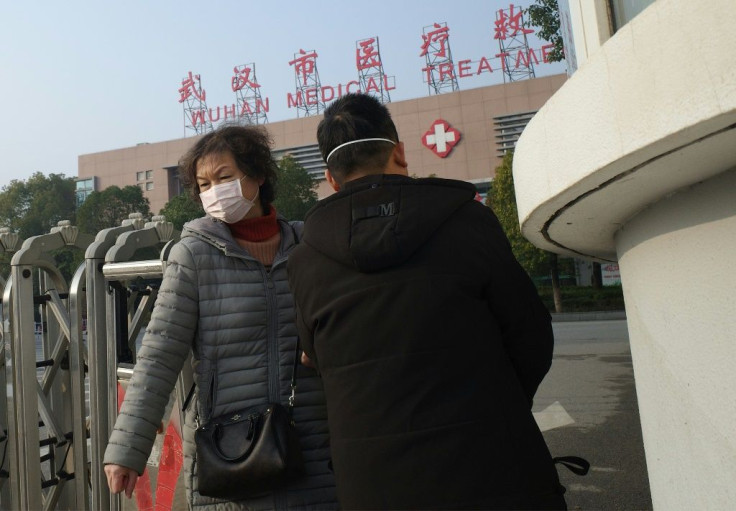Is There Any Hope of Stopping The Spread Of The Deadly Coronavirus?
KEY POINTS
- The rapid spread of coronavirus in different parts of the world has gotten government agencies worried
- There is now frantic research aimed to develop a vaccine that could combat the virus
- Health experts at the moment recommend supportive care for those who would be infected as many have survived on their own
Since the location where 2019-CoV originated was identified, many of the cases were contained in that place, which is Wuhan, China. It cannot be denied, however, that many of its citizens have traveled to other countries, which is particularly why there are now cases identified in the US and other countries.
To date, the official death toll has increased to 81, with some claiming that it has already surpassed 100. Thousands of people are reportedly infected with the virus.
Can it be stopped?
There is a frantic scientific research ongoing right now to develop a vaccine that will curtail the spread of the virus. The University of Queensland in Australia, for instance, has recently announced that its researchers already received a request to develop a vaccine against coronavirus.

In a Mail on Sunday report, Matt Hancock, the UK Health Secretary, has asked for the acceleration in the tests in developing a vaccine for the virus. At present, there is no cure for this viral infection. Many of those infected, however, managed to survive the illness on their own.
What to do at present?
Unfortunately, nothing else could be done if anyone comes down with a coronavirus infection except to receive supportive care. There is a need to wait until the research is complete, but until then, coronavirus patients can expect no specific treatment.
Jay Cook, the Chief Medical Officer, based at Providence Regional Medical Center, in an interview with USA Today, said that treatment is really palliative care. He admits that it can become pretty miserable for the time being, but the virus usually runs its course. The spread of the virus is being closely monitored by the World Health Organization and governments of countries around the world.
How does it spread?
According to Annie Sparrow, the assistant professor of population health science and policy at the Icahn School of medicine said direct or indirect person-to-person contact could spread the virus. This was also mentioned in her report for Foreign Policy.
Direct contact happens when there is a physical transfer of the virus among family and friends via close contact with oral secretions. Indirect contact is when an infected person sneezes or coughs, thereby spreading virus droplets on nearby areas, which include smartphones, bed rails, and knobs.
Sparrow also said that coronavirus is actually a huge virus in relative terms. At 125 nanometers with a spike projection surface, it is too large to survive or stay suspended in the air for many hours. Furthermore, at that size, it may not be able to travel more than just a couple of feet.
© Copyright IBTimes 2024. All rights reserved.





















